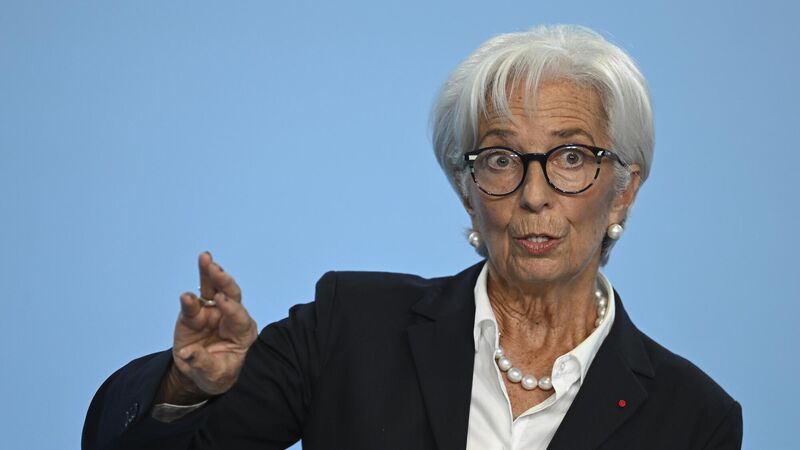ECB kills hopes for early rate cut but puts focus on June meeting

Christine Lagarde, president of the European Central Bank, says the Governing Council is 'not sufficiently confident' about the course of inflation at this time.
President Christine Lagarde has all but killed off hopes that the European Central Bank would sanction a first interest rate cut as early as next month, insisting it will have a lot more information to hand at its June meeting to assess the course of eurozone inflation.
As widely expected, the ECB kept its deposit rate unchanged at 4% at Thursday's meeting, but will now face increased pressure from markets to reveal its hand after publishing new forecasts that show that the eurozone economic growth will be underwhelming this year.











